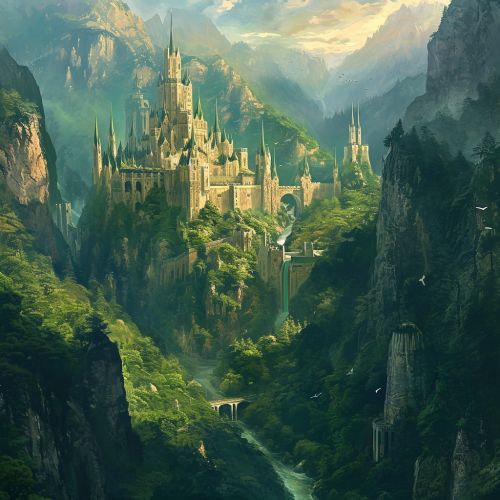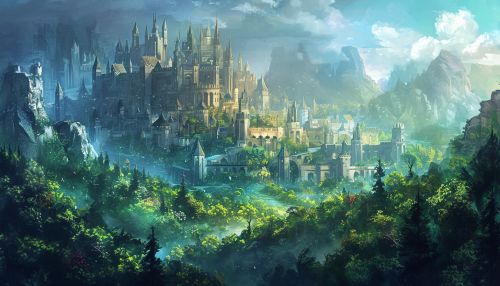List of Warhammer Fantasy novels
Overview
The Warhammer Fantasy universe, a rich and diverse setting for tabletop wargames, role-playing games, and a vast range of novels. The novels, written by various authors, explore the many factions, characters, and events of the Warhammer world. This article provides a comprehensive list of Warhammer Fantasy novels, divided into sections based on the primary focus of each book.
The Old World


The Old World is the central continent in the Warhammer world, heavily influenced by real-world Europe during the Middle Ages and Renaissance periods. Many novels are set in this region, focusing on the human Empire, the Dwarfs, and the forces of Chaos.
The Empire
The Empire is a powerful human nation modeled after the Holy Roman Empire. Notable novels set in the Empire include:
- Mark of Damnation by James Wallis
- Swords of the Empire by Marc Gascoigne
- The Burning Shore by Robert Earl
The Dwarfs
The Dwarfs are a proud and ancient race, known for their skill in crafting and their love of gold. Notable novels featuring the Dwarfs include:
- Grudgebearer by Gav Thorpe
- Oathbreaker by Nick Kyme
- Honourkeeper by Nick Kyme
The Forces of Chaos
The Forces of Chaos are a constant threat to the Old World, with many novels exploring their dark and destructive nature. Notable novels include:
- Darkblade: The Daemon's Curse by Dan Abnett and Mike Lee
- Champion of Chaos by C.L. Werner
- Blood for the Blood God by C.L. Werner
Lustria


Lustria is a continent heavily influenced by real-world Central and South America, home to the Lizardmen and the site of many expeditions by other races. Notable novels set in Lustria include:
- Temple of the Serpent by C.L. Werner
- Iron Company by Chris Wraight
- The Burning Shore by Robert Earl
Ulthuan and Naggaroth
Ulthuan and Naggaroth are the homelands of the High Elves and Dark Elves, respectively. Their eternal conflict is the subject of many novels. Notable novels include:
- Defender of Ulthuan by Graham McNeill
- Sons of Ellyrion by Graham McNeill
- Malekith by Gav Thorpe
